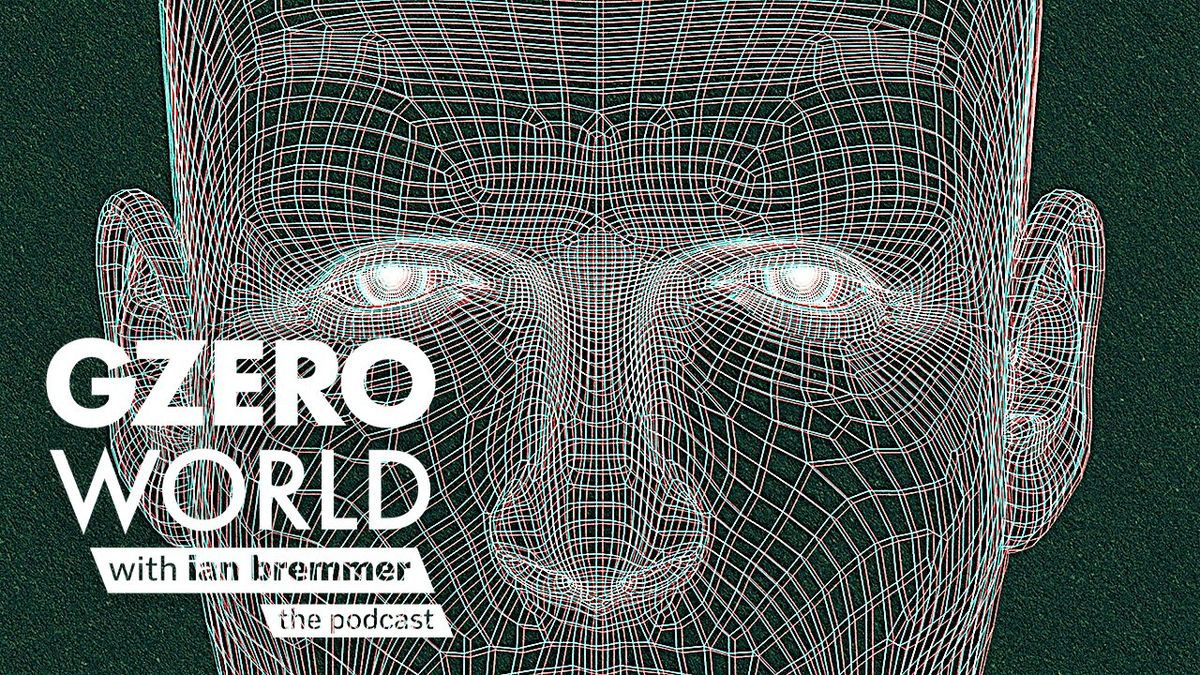Listen: In the past decade, we’ve seen an explosion in medical and biotechnologies like gene editing with CRISPR, synthetic organs, cloning, and AI-powered prosthetics that are helping to eradicate disease, improve the human condition, and enhance our brain power. These developments have radically transformed our understanding of the human body and what we thought was possible. But like most new tech, there’s also potential for misuse, privacy concerns, and ethical implications. Gene editing can cure debilitating diseases but also lead to designer babies. AI learning algorithms can power neural implants but also potentially create new chemical weapons.
Ian Bremmer delves into that tension on the GZERO World Podcast with Siddhartha Mukherjee, a physician and biologist whose new book, “The Song of the Cell,” explores the science, history, and technology behind what he calls “the new humans.”
Subscribe to the GZERO World Podcast on Apple Podcasts, Spotify, Stitcher, or your preferred podcast platform, to receive new episodes as soon as they're published.- Podcast: Why Scott Galloway is “cautiously optimistic” about AI - but not TikTok or Meta ›
- Ian Explains: Will biotech breakthroughs lead to super humans? ›
- CRISPR gene editing and the human race ›
- Why human beings are so easily fooled by AI, psychologist Steven Pinker explains ›
- Steven Pinker shares his "relentless optimism" about human progress ›
- Podcast: The case for global optimism with Steven Pinker ›






